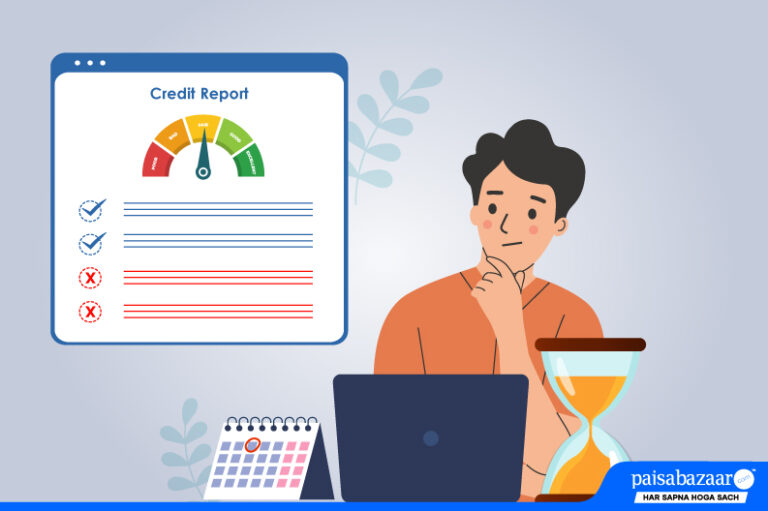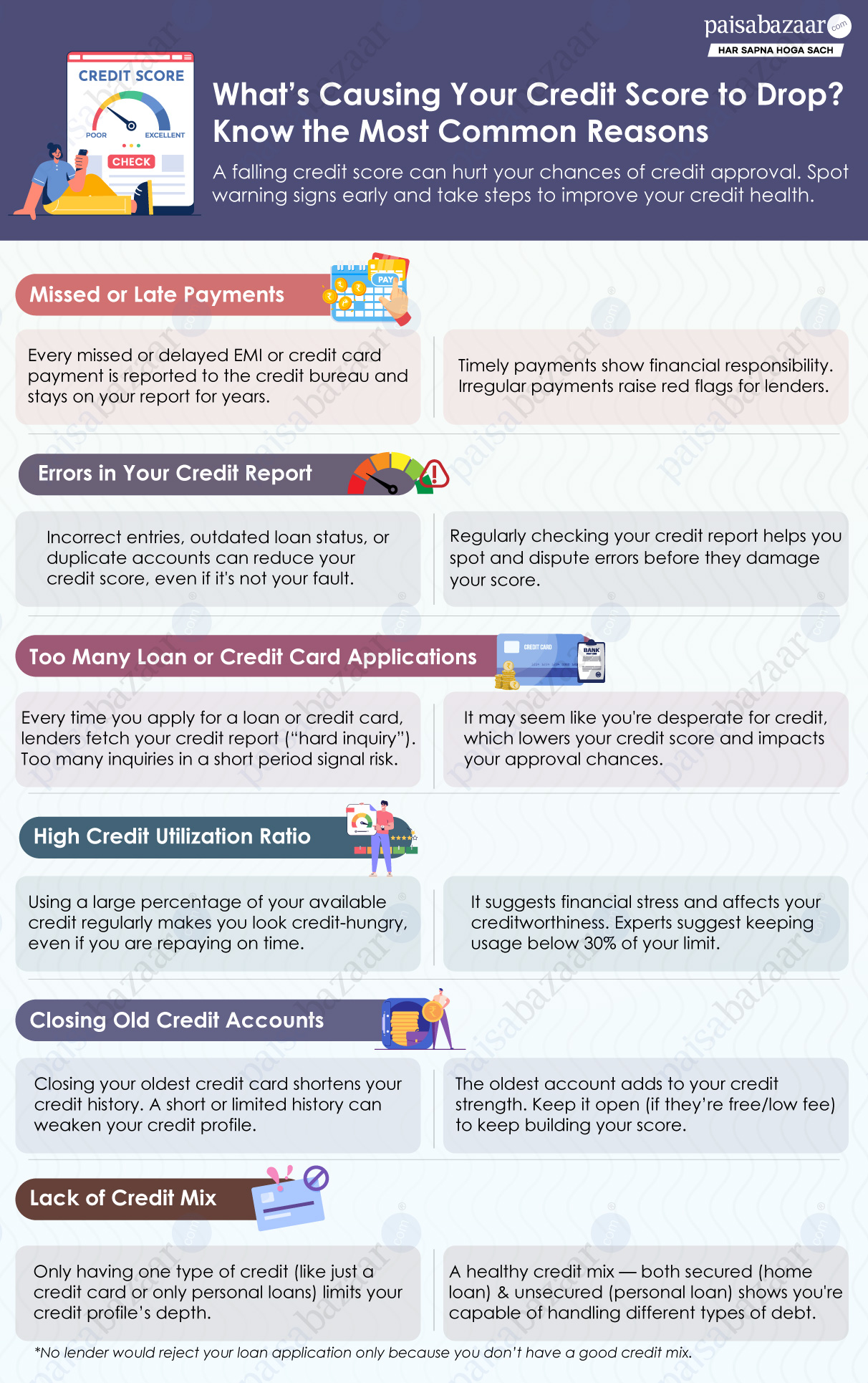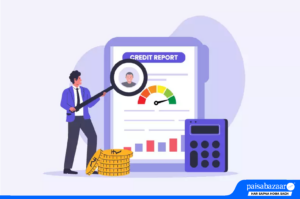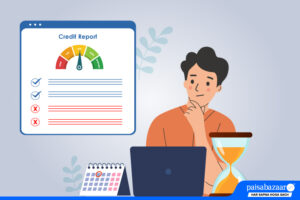
Many of us have been using multiple credit products, repaying loans, paying EMIs, etc. Even though we assume that all our credit products are managed well, due to some mistakes or lack of awareness, our credit score can get negatively impacted. Building a credit score is a time-consuming process, therefore, it is advised to avoid mistakes and be cautious while availing a credit product. Let us talk about a few common mistakes that can lower your credit score:

Mistake 1: Delayed or Missed Loan/Credit Card Payments
Missed or delayed loan repayments or credit card EMIs have a negative impact on your credit score, as all the credit bureaus take note of your payment history while generating your credit score. Generally, one missed payment may not hamper your credit score a lot, but if delayed or missed payment is quite regular, then it may lead to a significant dip in your credit score.
Mistake 2: Submitting Multiple Loan Applications Simultaneously
Multiple loan applications in a short duration appearing on your credit report is seen as a hunger for credit by the credit bureau. This practice leaves a negative impact on lenders, which also results in lowering your credit score and moreover, your negotiating options get reduced.
Mistake 3: Not Reviewing Your Credit Report Regularly
Performing a regular check on your credit report is very important and even more crucial before applying for any loan or credit card. Customers availing loans or credit cards and making regular payments generally assume that their credit score is good and well managed. However, there could be some errors or inaccuracies appearing on the credit report which might lower your credit score.
Administrative errors may occur on the part of credit bureaus, sometimes lenders fail to provide the updated information if in case you have changed your address or name, or fraudulent activity may be carried out in your name due to identity theft. Not reviewing your credit score regularly might lead to a reduction in your credit score without your mistake.
Mistake 4: Closing Old Active Credit Cards
Closing your oldest account will lower the tenure of your credit accounts, and thus may hamper your credit score. Also, closing your old accounts will decrease your overall available credit, thereby increasing your credit utilization ratio. Hence, one should not close old accounts as these accounts showcase the long association of borrowers with the lenders giving them a longer duration to assess the credit behaviour.
Mistake 5: Maintaining High Credit Utilisation Ratio
Your spending pattern also impacts your credit score. Too much dependence on credit makes you a vulnerable customer. Lenders have the impression that the borrower with regular high credit utilisation may have difficulty in repaying the money in the future and has a high risk of default. Using multiple cards can balance out the expense burden of a single card. However, if you have a high credit utilisation ratio and you repay the amount without fail, your credit score may not be impacted.
Know More About: 4 Top Reasons To Check Your Credit Score Regularly
Mistake 6: Guarantee/Co-Signing Loans
It’s always appreciated when you co-sign a loan for your close acquaintances and get them out of the financial crunch. However, it becomes a hassle for you if the borrower misses some payments or makes late payments. Due to this, your credit score is impacted negatively. Before becoming a guarantor or co-signor, assess the credit behaviour of the primary borrower.
Mistake 7: Availing Numerous Unsecured Credit
No collateral is required if you avail unsecured loans such as personal loans, education loans, credit cards, and business loans. Unsecured loans are granted based on an individual’s income and expenditure behavior apart from credit score and other requirements. If an individual avails multiple unsecured credit products, it can impact his/her credit score negatively.
A good credit mix of secured and unsecured credit availed without default shows that the borrower has handled credit smartly in the past. However, no lender would reject your loan application just because you haven’t availed secured credit in the past.








7 Comments
Like!! Really appreciate you sharing this blog post.Really thank you! Keep writing.